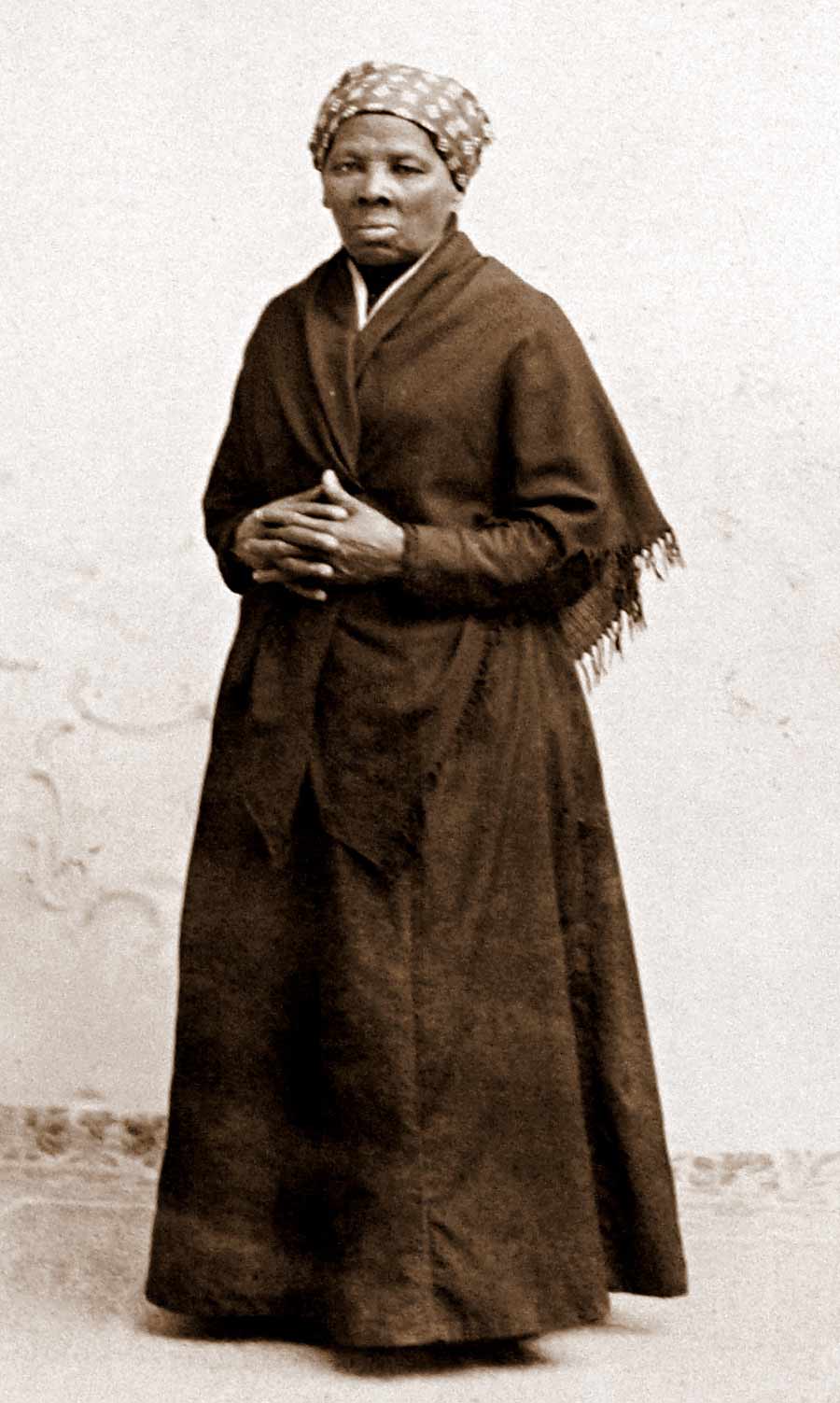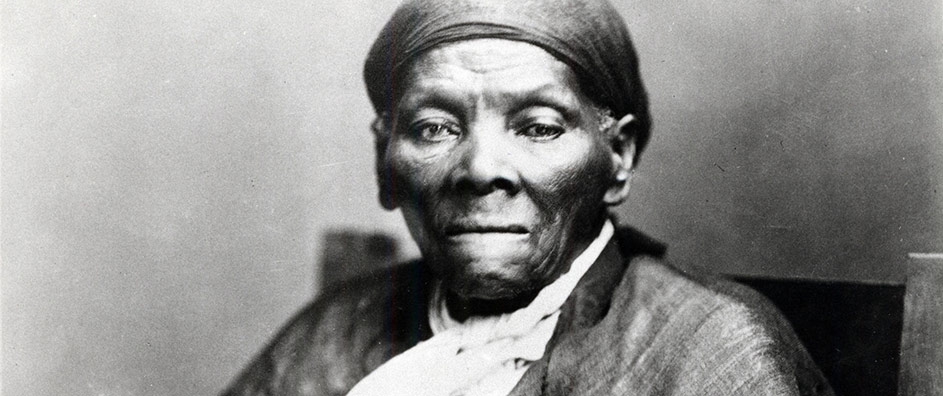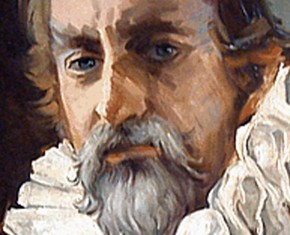The views expressed in our content reflect individual perspectives and do not represent the authoritative views of the Baha'i Faith.
The United States Postal Service announced in April 2016 that they’d selected one of my all time favorite heroines, Harriet Tubman, to grace the next $20 bill.
All the nominees were impressive and well-deserving of the honor, but Tubman would have been my first choice, so the decision most definitely met with my approval (for all that’s worth!).
Ultimately, the $5 and $10 bills will also honor some of our nation’s outstanding women, including important figures of the anti-slavery, suffragette and civil rights movements. The final designs will be introduced in 2020. How appropriate that the timing coincides with that centenary of the 19th Amendment, which gave voting rights to women throughout the United States in 1920.
Baha’u’llah wrote:
Were man to appreciate the greatness of his station and the loftiness of his destiny he would manifest naught save goodly character, pure deeds, and a seemly and praiseworthy conduct. – Tablets of Baha’u’llah, p. 171.

Harriet Tubman
Tubman developed several of these characteristics—goodly character, pure deeds and a seemly and praiseworthy conduct—to the level of inner virtues. Her courage and determination led her to escape from her life as a slave. Once free and safe though, the attributes of benevolence and mercy, coupled with selflessness, led her to risk the personal freedom she’d achieved, and perhaps her very life, to return again and again to help free other slaves.
Her wisdom and organizational skill resulted in Tubman’s development of a route and a process for helping others escape slavery. It became known as the Underground Railroad. Perseverance, bravery and character kept it going. All those same virtues stood her in good stead as a scout and a spy for the Union Army during the Civil War. Tubman also nursed Union soldiers. Not one to sit back and rest, her post-war efforts went into the Suffragist Movement.
One theme that runs through all her efforts is justice. I believe that Harriet Tubman had a keen understanding of justice, and could not sit back and let injustice continue. She dedicated her life to trying to right the wrongs in society and help provide justice to those to whom it was denied. She risked her life to help others.
Baha’u’llah told us:
O Son of Spirit! The best beloved of all things in My sight is Justice; turn not away therefrom if thou desirest Me, and neglect it not that I may confide in thee. By its aid thou shalt see with thine own eyes and not through the eyes of others, and shalt know of thine own knowledge and not through the knowledge of thy neighbor. Ponder this in thy heart; how it behooveth thee to be. Verily justice is My gift to thee and the sign of My loving-kindness. Set it then before thine eyes. – The Hidden Words, pp. 3-4.
Abdu’l-Baha advised:
We must strive with energies of heart, soul and mind to develop and manifest the perfections and virtues latent within the realities of the phenomenal world, for the human reality may be compared to a seed. If we sow the seed, a mighty tree appears from it. The virtues of the seed are revealed in the tree; it puts forth branches, leaves, blossoms, and produces fruits. All these virtues were hidden and potential in the seed. Through the blessing and bounty of cultivation these virtues became apparent. Similarly the merciful God our creator has deposited within human realities certain virtues latent and potential. – Abdu’l-Baha, The Promulgation of Universal Peace, pp. 90-91.
Harriet Tubman saw justice with her own eyes, became a mighty tree and gave forth a bountiful harvest.
















Comments
Sign in or create an account
Continue with Googleor